The Ultimate Guide About Red & White Wine Vinegar: Shelf Life, Storage, Expiration, Uses & Health Benefits
We all know how challenging it is to finding a quality wine vinegar in today’s market. The quality of vinegar generally depends on the quality of raw material used, the species of acetic acid bacteria, the acetification system followed, the type of wood barrels and the aging process.
Quality Analysis of Wine Vinegar
Wine vinegar is the product obtained by acetic fermentation of wine. Wine vinegar can be produced by means of two different acetification processes: either a surface or a submerged culture system. The surface culture system wine vinegar are produced by traditional methods using wood casks. They are not filled all the way to allow for contact with the outside air through an opening in the cask.The acetic acid bacteria are on the top layer of the wine and are in direct contact with natural oxygen. Vinegar produced by this slow method are complex, flavorful as fine wines, and expensive.
The submerged culture method, unlike the previous one, is based on rapid, forced fermentation from mechanically generated airflow directly into the wine. In the submerged culture system, this airflow causes the acetic acid bacteria to be immersed within the liquid. This method mainly uses steel containers instead of wood and is faster and more efficient that the surface culture system.
Does Wine Vinegar Go Bad?

Due to the natural acidity created during wine vinegar’s transformation from wine to vinegar, it will never go bad. However, its acidity will change over time causing its flavor to change and weaken. Unlike store-brands, high quality wine vinegar will keep its vibrant flavor longer.
Types of Wine Vinegar
-
White Wine Vinegar
White wine vinegar are prepared by fermenting and oxidizing white wine. It has a lightly fruity flavor and can range from clear to light gold in color. Secolari White Balsamic Vinegar is made from grape must from Trebbiano grapes combined with white wine vinegar and is aged at least 18 year in Modena Italy. It is less complex than dark balsamic and has a sweet and gentle flavor.
Here’s a breakdown of every type of Secolari White Balsamic Vinegar:
-
Red Wine Vinegar
Red Wine Vinegar is made from any type of red wine. It is well suited for salads with an intense depth of flavor to add into your favorite vinaigrette. Red wine vinegar can be garnet red in color, slightly tannic on the finish, and may have a low acidity.
What’s the Difference Between White Wine and Red Wine Vinegar?
The basic difference between Red Wine Vinegar and White Wine Vinegar is that the red wine vinegar made from acetic fermentation of red wine while white wine vinegar is prepared from acetic fermentation of white wine. However, red wine vinegar has a strong flavor than white wine vinegar.
Nutrition Facts of Our White & Red Wine Vinegar
Uses Of Wine Vinegar For Cooking?
Used to improve the taste and flavors to a variety of dishes:
- Dressings
- Salads
- Meat and seafood marinades
- Lasagna
- Smoothies
- Vinaigrette
- Slow-cooked beef and chicken stews
- Rubs
Do not use too much red wine vinegar as its bold flavor may overpower your dish. Make sure you taste-test first before using more than 2 Tbsp. To create a refreshing vinegar drink, simply add to seltzer water or filtered water.
Can I Use Red Wine Vinegar Instead Of White Wine?
It depends on your taste palette. Red wine vinegar has a strong and savory flavor while white wine has a lighter and more delicate taste.
Top 10 Health Benefits Of Wine Vinegar
Here are the top 10 health benefits of wine vinegar:
- Weight Loss
- Reduce Blood Pressure
- Prevent Blood Clots and Lower Cholesterol & Inflammation
- Anti-Ageing Support
- Strengthen Hair Bonds Naturally
- Help Improving Digestion Problem
- Can Suppress Appetite
- Enhances Calcium Absorption and Retention
- Fight Metabolic Syndrome
- Modest Source of a Number of Different Minerals

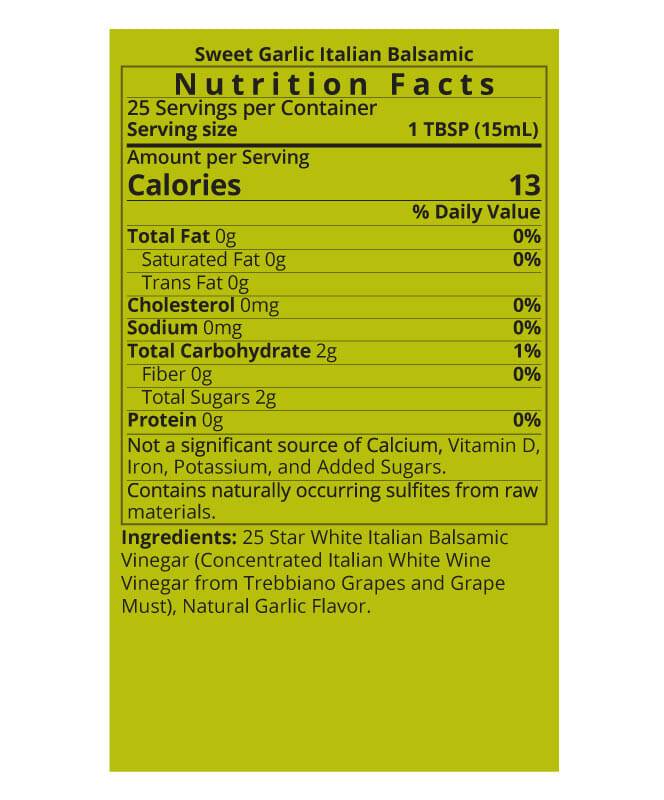
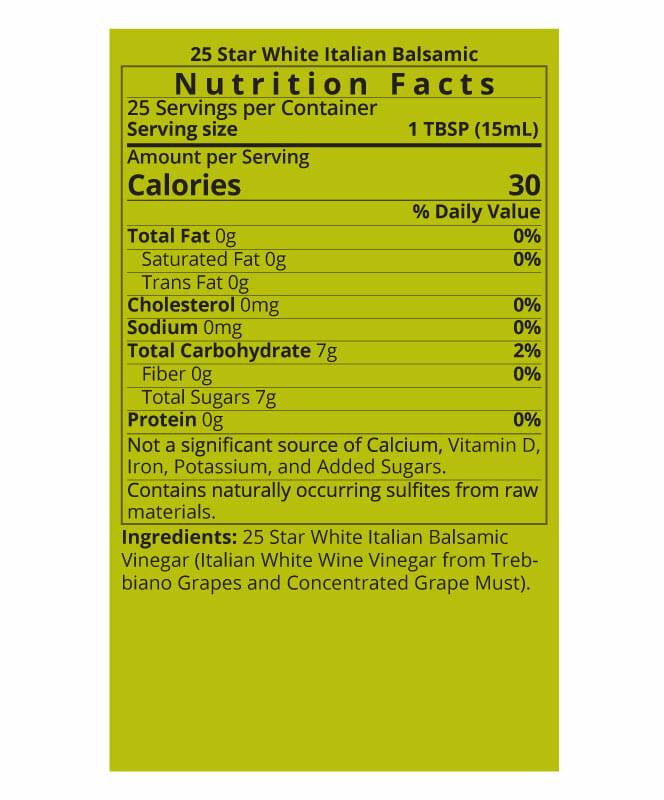
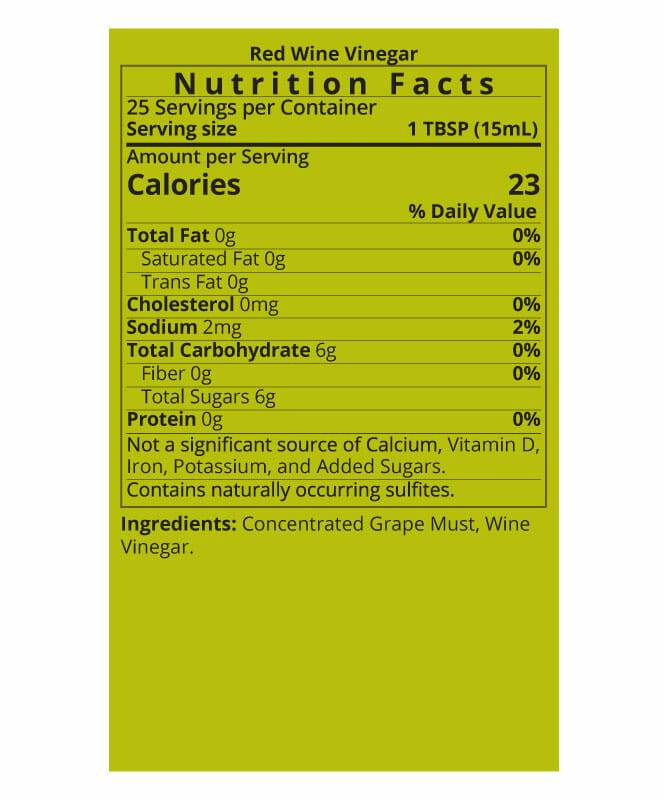








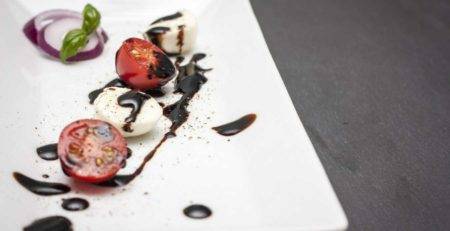
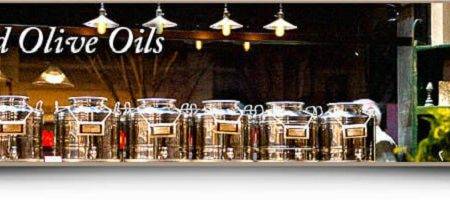
Comments (2)
[…] processes used. However, white wine vinegar is rich in carbohydrates, containing sugar at 7% of the recommended daily intake. White wine vinegar, then, isn’t suitable for people with diabetes and those suffering from low […]
[…] The basic difference between Red Wine Vinegar and White Wine Vinegar is that the red wine vinegar made from acetic fermentation of red wine while white wine vinegar is prepared from acetic fermentation of white wine. However, red wine vinegar has a strong flavor than white wine vinegar. via […]